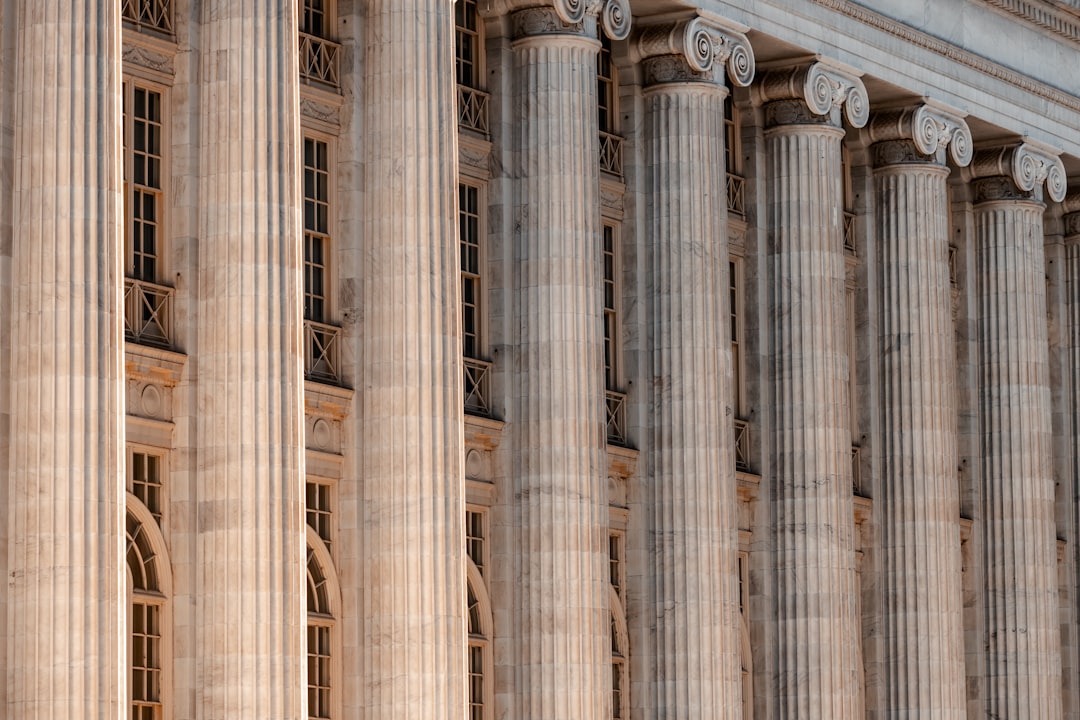Nil litigation is when college athletes cannot get paid for their performances. For many years, this has been a controversial topic, as some people believe that college athletes should be paid for their hard work and dedication to their sport. Others believe that college athletes are already compensated through scholarships and other benefits and that paying them would create an unfair advantage for schools with more money. In a significant victory for college athletes, a federal judge ruled in favor of the plaintiffs in the landmark nil litigation case. This means that college athletes can now unionize and receive compensation for their work. Here are four key points from the decision that illustrate why college athletes nil litigation is an essential win for college athletes everywhere:
The court found that college athletes are employees and not students
The court found that the “student-athlete” label is a sham when it comes to college athletics. The reality is that college athletes are employees who generate billions of dollars for their schools and the NCAA. As employees, they are entitled to certain rights and protections, including the right to unionize.
The ruling could lead to college athletes being paid
The most immediate implications of the verdict are that college athletes can now unionize and negotiate for better compensation. This could mean anything from stipends to total salaries, although it’s likely that any payments would be capped at some level so as not to create an unfair competitive advantage between schools.
The ruling could have far-reaching effects on college sports.
In addition to changing how college athletes are compensated, the ruling could have a number of other impacts on college sports. For example, schools might start recruiting students based on their athletic ability rather than their academic merits. Or, college athletes might be able to transfer to another school more efficiently if they’re not happy with their current situation.
It Can Be Difficult to Prove That an Athlete Has Suffered Harm
The ruling could have a number of impacts on college sports, but it remains to be seen how many of these will come to fruition. One reason is that it can be challenging to prove that an athlete has suffered harm as a result of being denied compensation. For example, if a college athlete is injured and can no longer compete, it’s not clear that the athlete would have been able to earn a living playing professional sports even if their school had paid them.
It’s too early to say precisely how the ruling will affect college sports, but it’s clear that it has the potential to upend the status quo. What do you think about this issue? Do you think college athletes nil litigation should be paid? Why or why not? Let us know in the comments!










